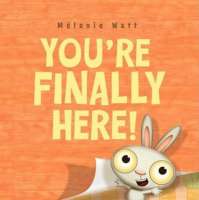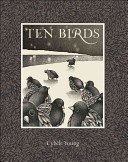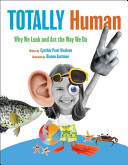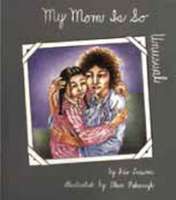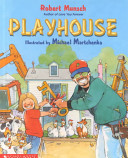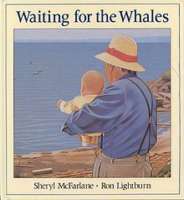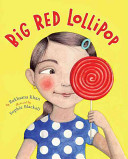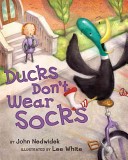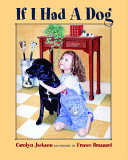
Six-year-old Maxine is dog crazy. She draws dogs, she has dogs on her T-shirts, she even drags home neighbors’ dogs in the hopes that her parents will let them stay. On a walk to the park with her big brother, Hugh, Maxine stops every time she sees a dog, hoping for a kiss or a tail-wag from the four-footed friends she adores. Hugh and some of the pet owners she meets along the way teach Maxine how to know when it is safe to approach, how to greet, and what to do to ensure a happy experience for both child and canine.Whether they’re small or big dogs, working or guard dogs, old or young dogs, even aggressive dogs, Maxine learns how best to deal with each situation. And though she aches to have them all, she is about to find out that the best dog is her own dog — the squiggly surprise her parents have waiting for her.Written so that young children can learn to “read” dog language, the veterinarian-approved information is presented in a charming storyline that is sure to appeal to young children.


